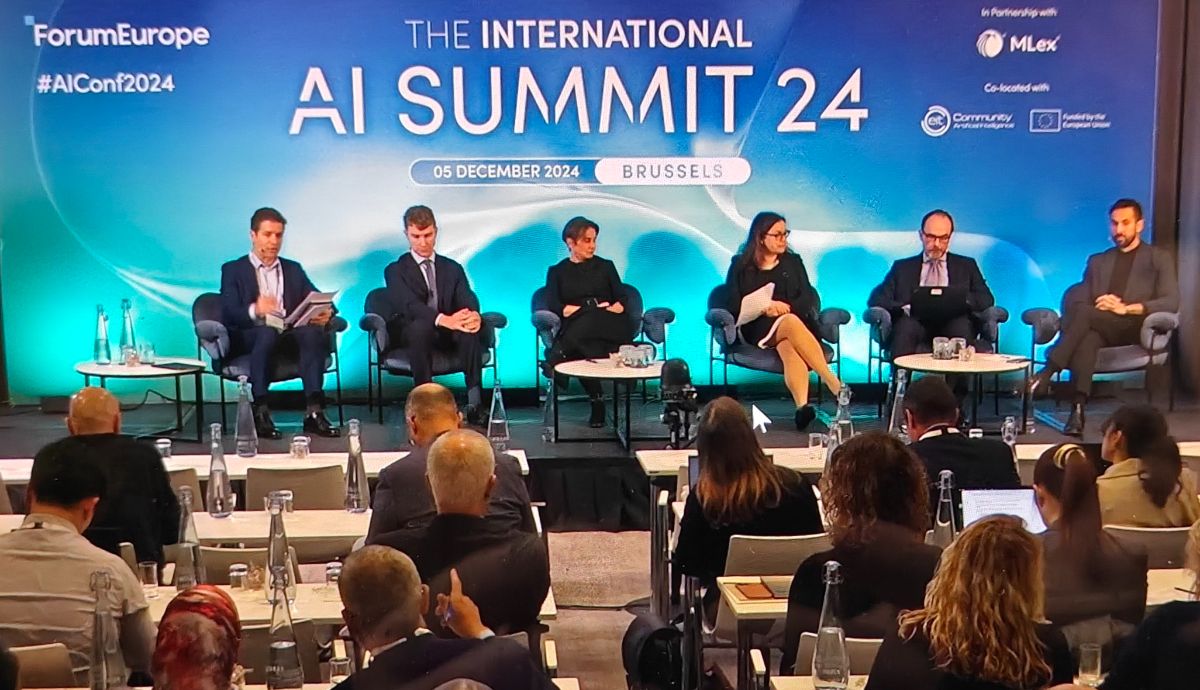International AI Summit 2024 in Brussels: Artificial Intelligence and Its Future for All
On December 6, Brussels hosted the conclusion of the International AI Summit 2024, which brought together over a thousand participants, ranging from officials and academics to business and cultural representatives. The central theme of the summit revolved around developing artificial intelligence (AI) in ways that ensure it is beneficial, safe, and accessible for everyone.
AI as a Driver of Change
“The development of AI cannot be stopped, but our mission is to ensure it is fair and protected from misuse,” noted Yi-Jing Lin, Deputy Minister of Digital Affairs, Taiwan.
AI is already proving to be a transformative tool in regions where opportunities can change lives. Bitange Ndemo, Kenya’s Ambassador to Belgium, shared how AI is helping farmers monitor crops, improving healthcare, and advancing education. “AI is particularly critical for developing countries, where its applications can lead to genuine breakthroughs,” he emphasized.
How Should Technology Be Regulated?
The summit also focused on setting the rules for AI. Ulrik Vestergaard Knudsen, Deputy Secretary-General of the OECD, proposed a “smart regulation” approach: not stifling innovation but maintaining sufficient oversight. “Perhaps the U.S. is too lenient, while the EU is overly strict. The key is to find a golden middle ground and establish minimal standards that allow technologies to thrive,” he said.
Poland, which will soon assume the EU presidency, announced plans to prioritize unified implementation of the EU AI Act to prevent fragmented approaches across member states.
AI in Culture and Art
AI is becoming a true co-creator in the arts. Today, it composes symphonies, generates movie scripts, and even creates unique paintings. The summit highlighted how AI is not only crafting new art but also preserving cultural heritage, such as digitizing archives and revitalizing endangered languages.
One standout project mentioned during the event was an AI-driven exhibition in London, where algorithms create dynamic installations that react to viewers’ movements. Speakers also discussed AI’s role in music, where it composes operas and enhances live orchestral performances.
AI has the potential to inspire just like the great masters of the past. However, it is crucial to ensure its application remains rooted in humanity.
Business and Technology: Opportunities for All
AI is not just about culture but also about economics. Discussions centered on supporting startups and small businesses to make these technologies accessible to everyone.
Aliki Foinikopoulou from Salesforce remarked, “AI agents represent the future of technology. But to realize this future, we must not only develop tools but also train people to use them.”
Yohann Bénard from Amazon added, “Standards are the bridge that connects local innovations to the global market. Without them, there is no global progress.”
The summit took place at the Radisson Collection Hotel, whose interior features atmospheric black-and-white photographs of Brussels from the 1950s and 1960s.
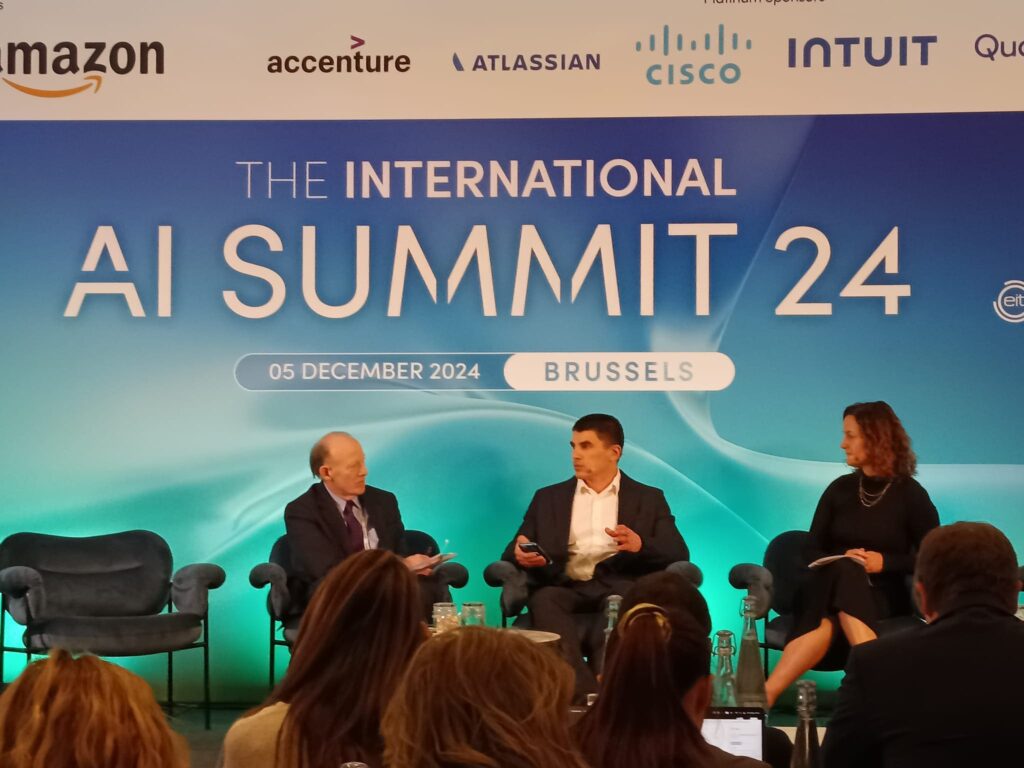

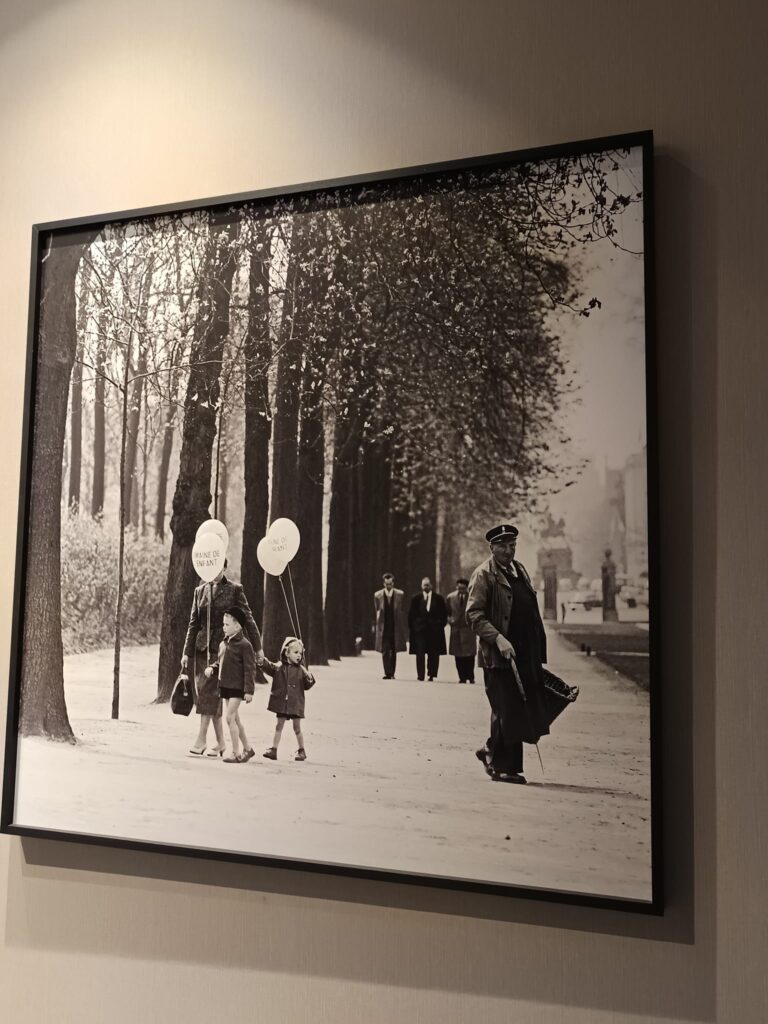

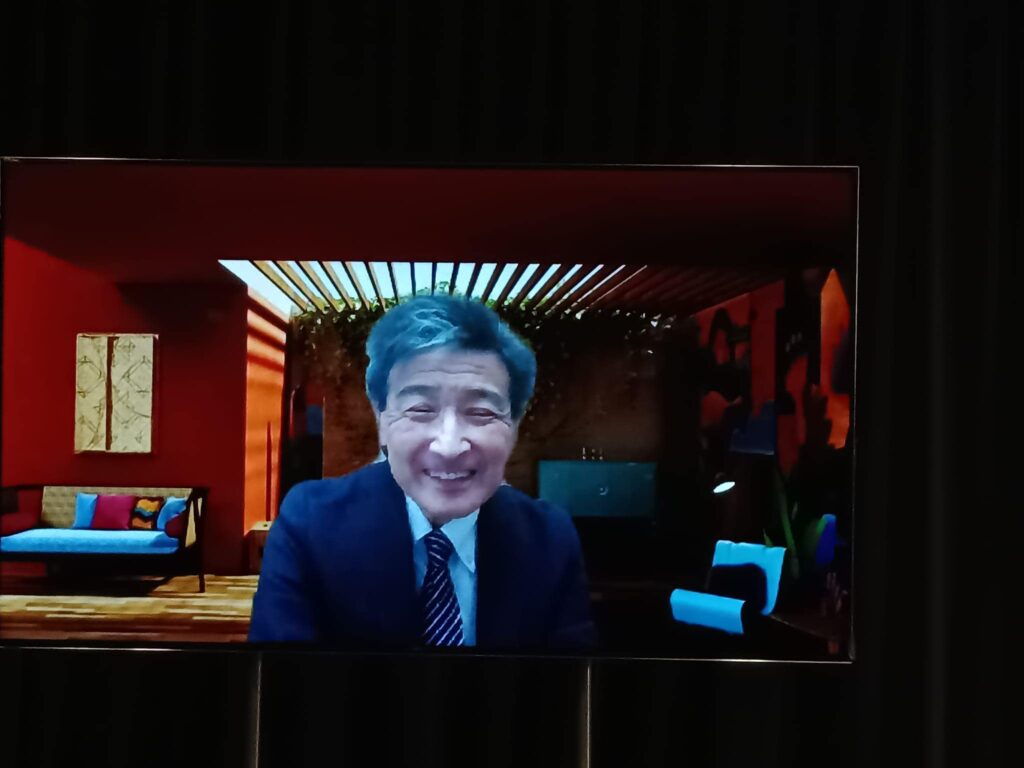
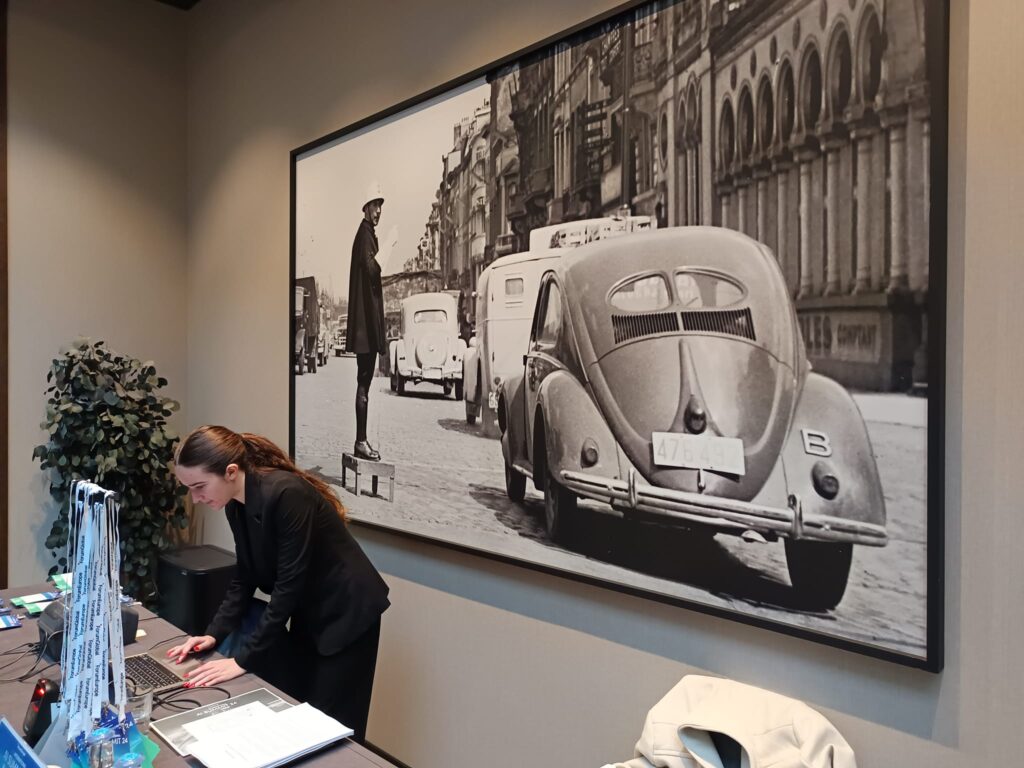
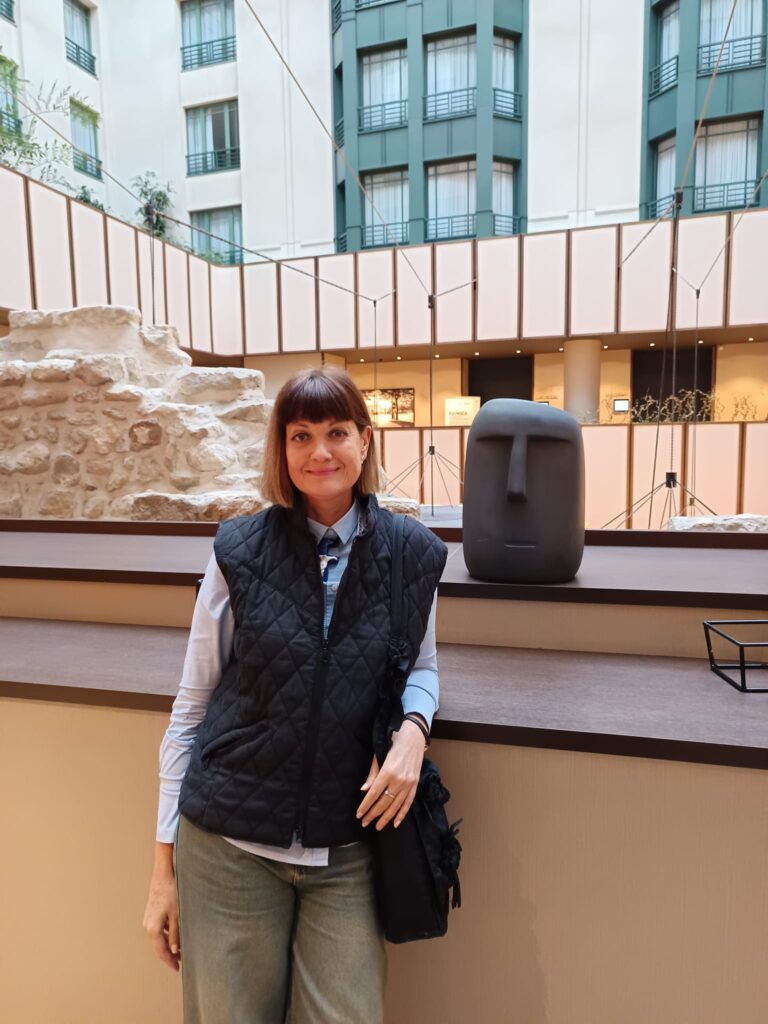

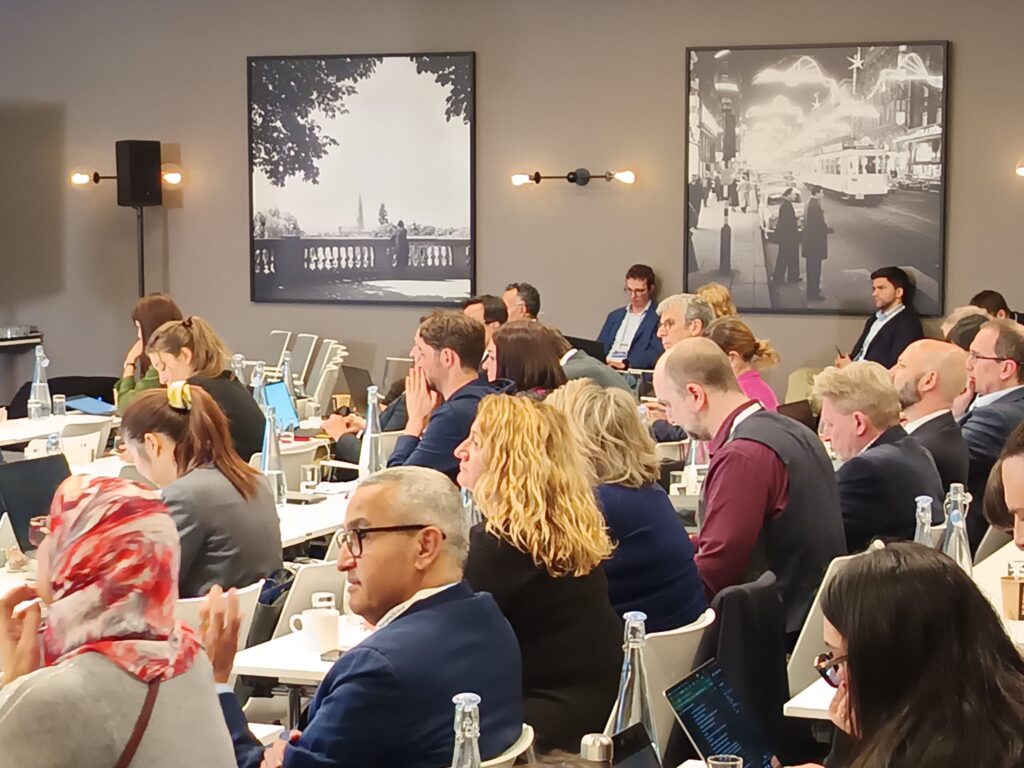

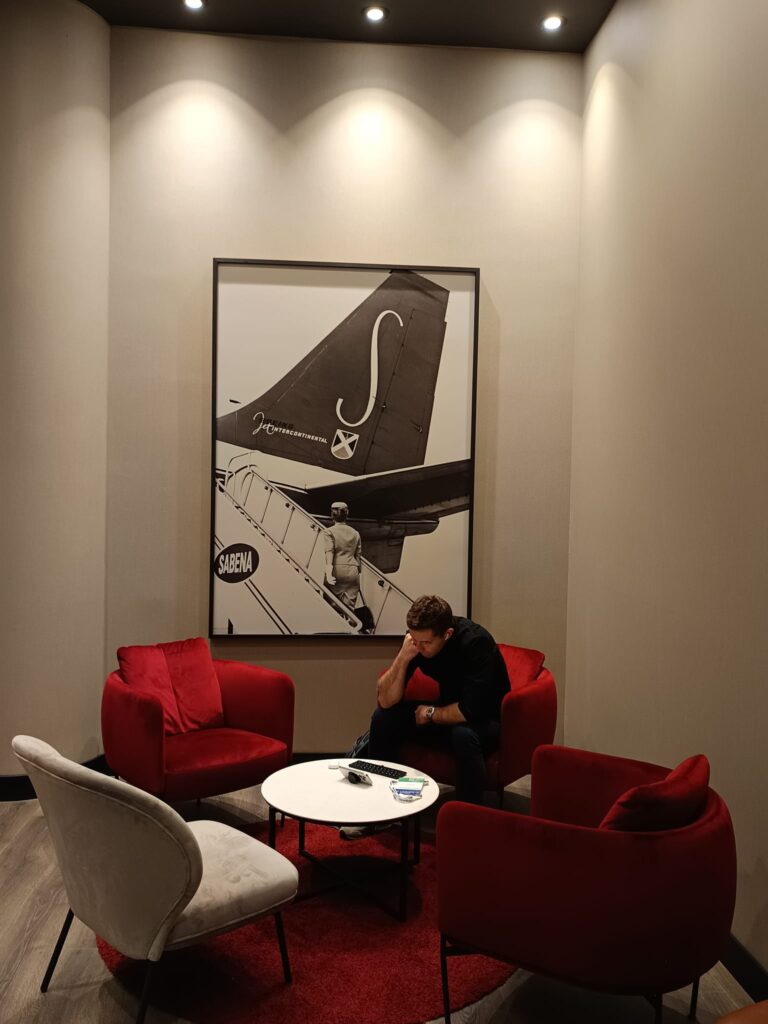
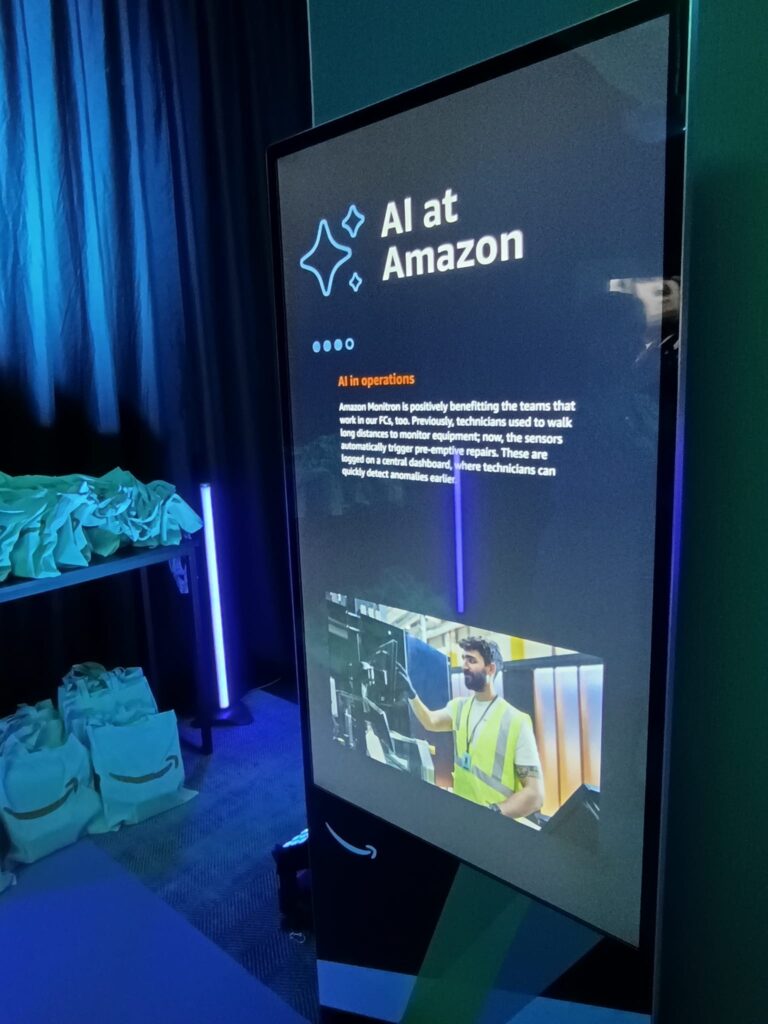
A Shared Future for All
Speakers at the summit unanimously agreed that global cooperation is the only way to ensure AI benefits everyone. Amandeep Singh Gill, the UN Secretary-General’s Envoy on Technology, issued a warning: “If we fail to work together, we face fragmentation—each pulling technology in their own direction. This is dangerous.”
Ukraine presented a national-level example of AI in action. Deputy Minister of Economy Oleksandr Tsybort explained how AI is streamlining government decision-making and providing direct support to citizens.
What’s Next?
International collaboration will continue as countries committed to working on shared standards and exchanging best practices. AI is increasingly recognized as a key driver of economic growth, creativity, and social justice.
As emphasized during the summit, the priority is to uphold values of transparency, equality, and humanity in AI’s development.
For more details about the summit, visit global-aiconference.com.
P.S. Art Reporter has curated a selection of real-world examples showcasing AI’s role in the arts—check it out for inspiration!

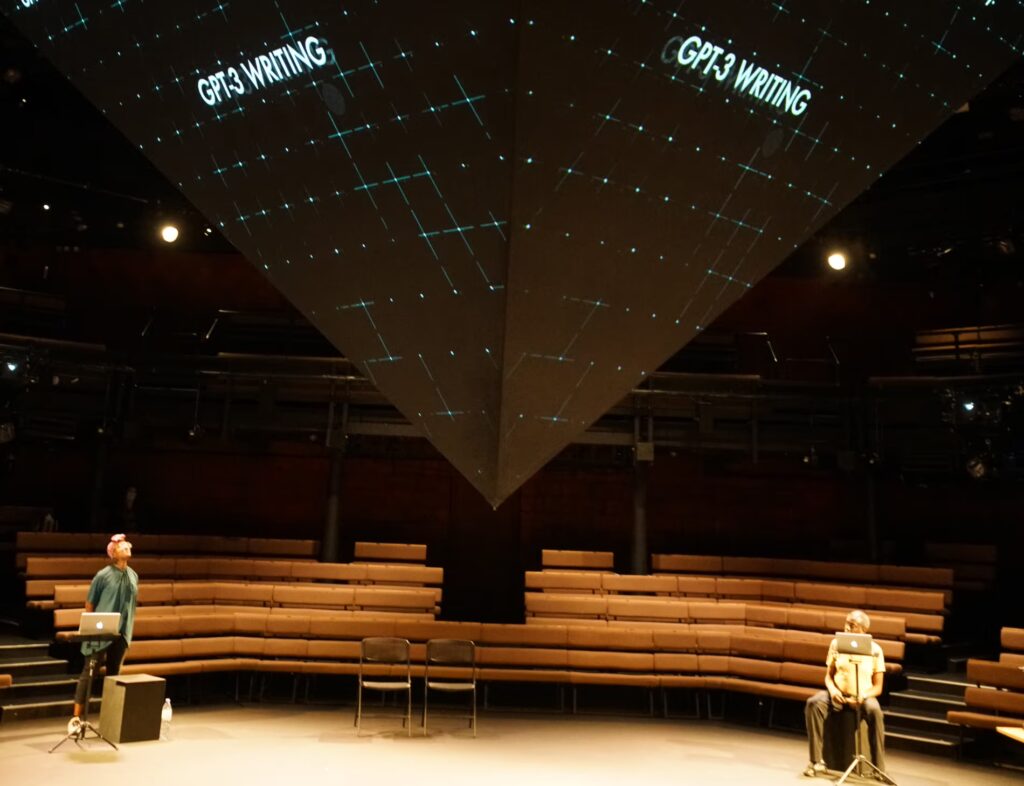
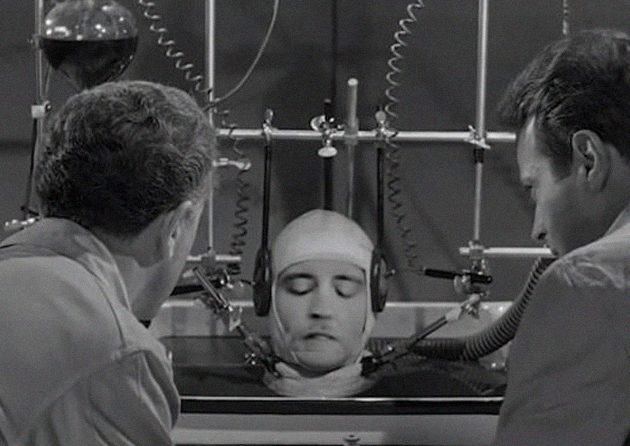
“Portrait of Edmond de Belamy”: A painting created by an AI algorithm from Obvious Art, sold at Christie’s auction for $432,500. The algorithm was trained on thousands of classical artworks.
“David Bowie, 2.0”: AI algorithms reconstructed David Bowie’s musical style, producing tracks that sound like his “new” compositions.
“Sunspring”: A short film written by AI astonished viewers with its peculiar but captivating logic.
“The Spirit of AI”: In a London theater production, AI generated real-time projections of the actors’ emotions, adding a visual layer to the drama.
Immersive Exhibitions: Algorithms create interactive spaces where visitors can “engage” with art through movement and sound, transforming the way we experience creativity.

